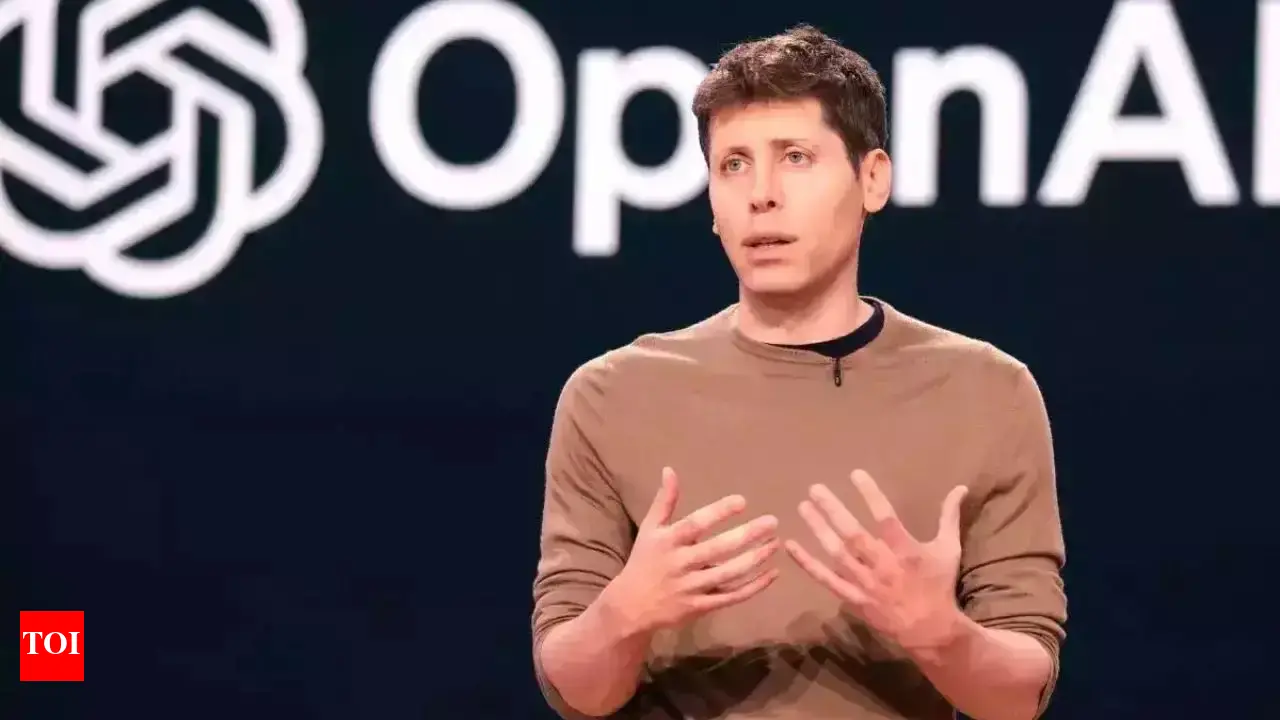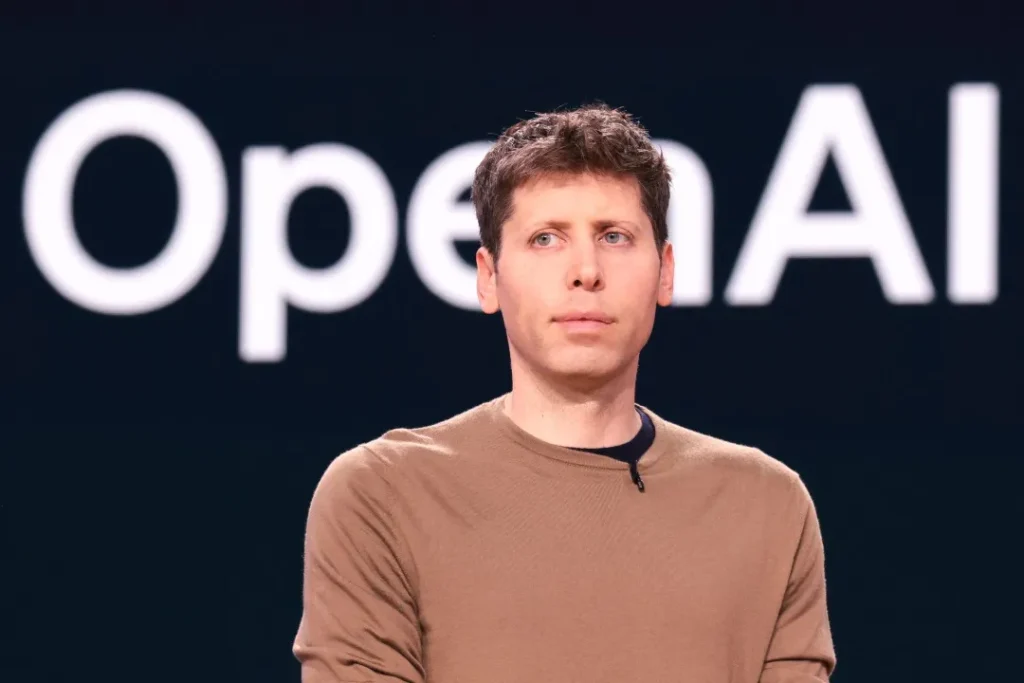In less than an hour, one sentence from OpenAI CEO Sam Altman wiped out nearly Rs12.5 lakh crore ($150 billion) from Google’s parent company Alphabet Inc. — one of the sharpest single-day losses ever triggered by a tech product announcement.
“AI gives us a once-in-a-decade opportunity to rethink what a browser can be,”
— Sam Altman, unveiling ChatGPT Atlas
That one line — delivered during a six-minute livestream — sent tremors through Wall Street and Silicon Valley, shaking the foundations of Google’s two-decade-long dominance over the web.
A Six-Second Teaser That Shook the Tech World
It all started with a six-second teaser on X (formerly Twitter) showing browser tabs flashing open and shut. Moments later, Altman went live, introducing ChatGPT Atlas as “the future of browsing.”
Within hours, Alphabet’s stock plunged 4.8%, briefly dipping to $246.15 (Rs20,500) before recovering slightly to close 2.4% lower. For a trillion-dollar company controlling 90% of global web searches, it was a warning shot — the future of the internet may no longer begin with “Google it.”

Atlas: When AI Controls Your Cursor
Unlike traditional browsers, Atlas doesn’t just browse — it thinks and acts. Built on Chromium, the same base as Google Chrome, it integrates ChatGPT directly into every webpage, enabling users to chat, summarize, and act within one window.
Its game-changing feature — “Agent Mode” — allows AI to take control of your cursor and keyboard to:
●Book a flight
●Compare and buy products
●Edit a document
●Or even manage tasks while you’re away
Currently exclusive to ChatGPT Plus and Pro users, Atlas is live for macOS, with Windows and mobile versions arriving soon. The development team includes former Chrome and Firefox engineers, signaling a direct challenge to Google’s legacy.
Google’s Core Business Faces a Real Threat
For Google, the timing couldn’t be worse.
Search advertising — its lifeblood — generated Rs14.5 lakh crore ($175 billion) last year. But if users start getting instant, ad-free answers from AI-powered browsers like Atlas, those ad clicks could vanish overnight.
“Every query answered by Atlas is one less ad impression for Google,”
said a senior tech analyst at JP Morgan India.
With 800 million weekly ChatGPT users, OpenAI already holds the audience — and now, the browser.
Google’s Counterattack: Gemini Everywhere
Google is fighting back hard.
Its Gemini AI is being woven into Chrome, Gmail, YouTube, and Android, transforming every product into an AI-enhanced tool. Yet, confidence is wavering.
After narrowly escaping a regulatory breakup order last month, Alphabet now faces a market that fears disruption — not from startups, but from OpenAI itself.
All eyes now turn to Alphabet’s Q3 earnings on October 29, where investors hope for reassurance that Google’s empire still stands tall amid the AI storm.
The Battle for the Future of the Internet
The war isn’t about browsers — it’s about who controls the gateway to knowledge, commerce, and creativity.
In the 2000s, Google revolutionized how the world searched.
In the 2020s, OpenAI wants to revolutionize how the world acts online.
If Atlas succeeds in making browsing conversational and autonomous — where people no longer search, but simply ask — it could mark the dawn of a post-search internet era.
For now, Google remains the web’s undisputed gatekeeper.
But Sam Altman’s one sentence has done something extraordinary — it made the world wonder if the Google era is finally nearing its end.


